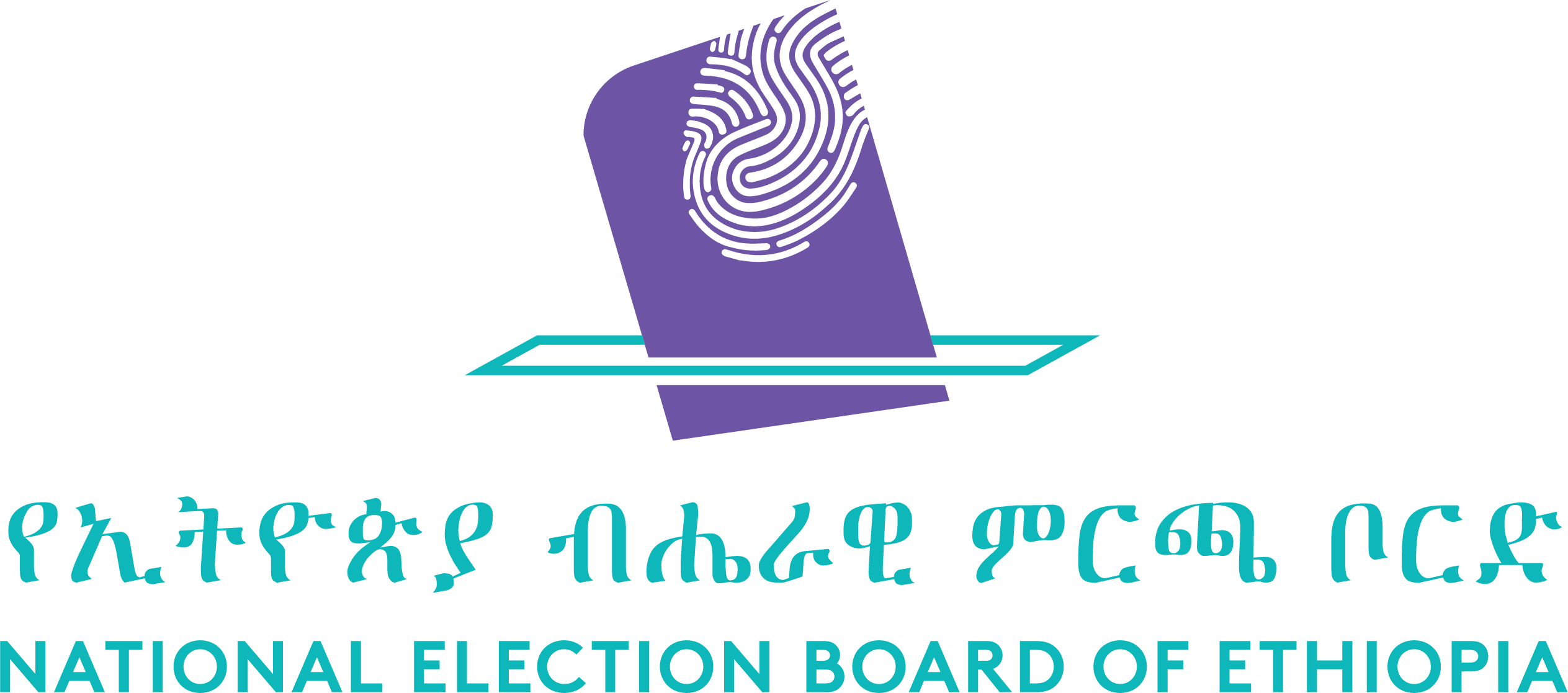The National Election Board of Ethiopia (NEBE) held a discussion with stakeholders concerning the study of the legal framework and implementation of local elections
The National Election Board of Ethiopia held a discussion with stakeholders concerning its study on the legal framework and implementation of local elections on August 15, 2022. The main objective of the discussion is to grasp views from stakeholders on the study that NEBE has realized concerning the general characteristics and operations of the 5th round local elections and the modern methodologies utilized, and senior experts in the field from the Center for Federalism and Governance Studies, Addis Ababa University, has presented the experience acquired, the challenges faced, and the recommendations found during the study.
The Chairperson of the Board, the Board management, and staff members from the head office and branch offices of the Board attended the discussion. From stakeholders, representatives of political parties, civil society organizations, the House of Representatives, the Federal Government and Regions, security forces, and others were present at the discussion.
The discussion was opened by a speech from the Board chairperson, Birtukan Mideksa, and she thanked the stakeholders in her speech for their participation in providing their views and comments on the essential study made concerning the local elections. The Chairperson stated that conducting local elections has its challenges and conducting studies on it was done with a discussion held with experts since the Board believed that it is essential to do so. She explained that efforts have been made to include international experiences including the ones from developing countries like Ethiopia, and it has been made with the perspective of addressing the structure and scope of local administration and the scope of its authority. In her speech concerning the importance of conducting local elections, she underlined that it minimizes the gap between the elected and the electors and is the basis for citizens to control power.
The study was presented by Zemelak Ayele (Ph.D.) and Christof Vander (Ph.D.), and the theme of the study was to review the international laws and experiences on local elections and prepare/present reform proposals that can be used as guidelines for the local elections that the Board will carry out in the future. The specific objectives were preparing a useful document for the next local elections by identifying the strengths and weaknesses of previous local elections, examining proclamations issued to determine the number of local elected councils of each state and amendments to proclamations, and presenting proposals for improvement based on the proclamations Following the results of the preliminary research presented by the experts, the ideas and opinions that will enable the research to be further developed have been collected from the stakeholders. The stakeholders appreciated that the board prepared the platform to collect the opinions of the stakeholders, and subsequently, they shared their views.
Among the opinions given, the significance of the law used to conduct the national election in the past for the local election, the relationship of the local electorate with the region and the stakeholders regarding the budget, and the understanding that the society and the stakeholders should have about the local election and the options that should be followed to promote this awareness can be mentioned from the opinions raised by the stakeholders.
The experts replied to the comments raised by the participants, and that for kebele election management to be prepared at the level of regional governments closely monitored by the Election Board, regional and local election offices should be given clearly defined responsibilities, and the experts also suggested that the instructions containing the powers and responsibilities of these offices should be prepared in such a way that the areas have the freedom to carry out and their accountability to the higher body. The Chairperson stated that the Board will develop and make a decision based on the suggestions made and that a detailed implementation will follow.
